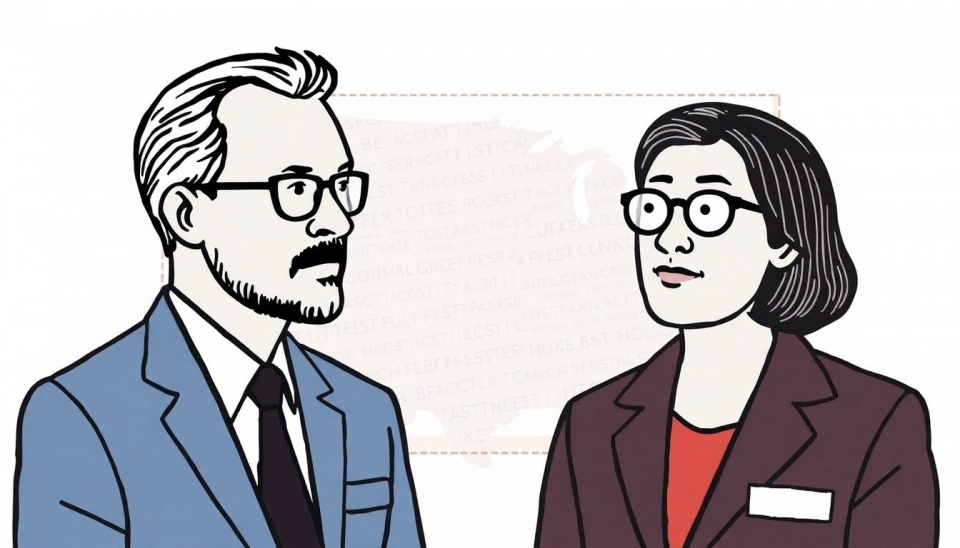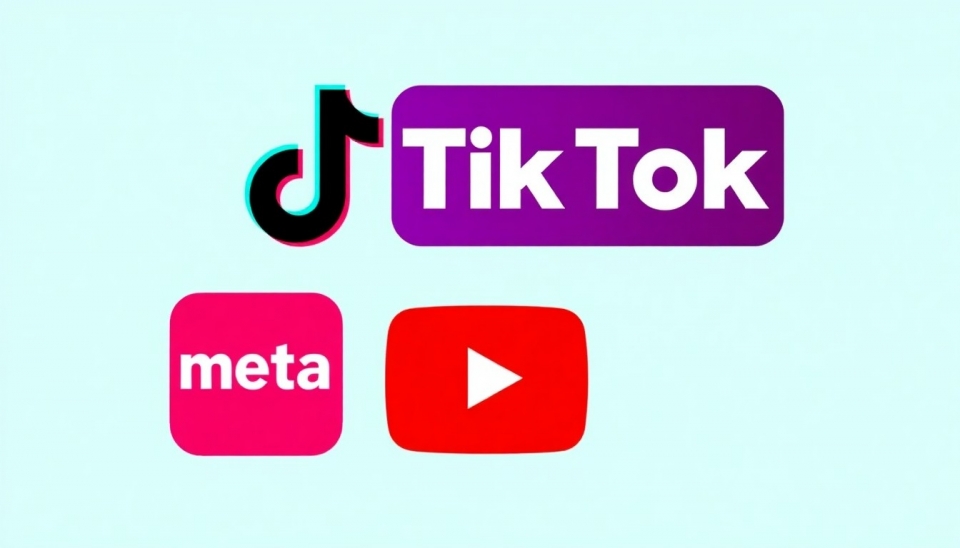
In a significant move that has captured the attention of the tech and media sectors, Meta Platforms Inc. has decided to maintain its practice of employing fact-checkers outside of the United States. This decision comes amidst ongoing concerns regarding misinformation and the role of social media companies in mitigating false narratives across various platforms. Although criticism has mounted over the effectiveness of fact-checking initiatives, Meta appears resolute in its approach to managing content integrity from a global perspective.
Meta, the parent company of social media giants Facebook and Instagram, has indicated that it will continue its collaboration with independent fact-checking organizations located outside U.S. borders for the foreseeable future. This approach stems from a view that these external entities can offer diverse perspectives and employ different methodologies that could enhance the overall accuracy and output of fact-checking initiatives.
Analysts have pointed out that employing fact-checkers outside of the U.S. allows Meta to benefit from a broader understanding of misinformation dynamics globally. As the internet is a worldwide network, the perception and distribution of factual versus false information can vary significantly by region. External fact-checkers from different cultural and political backgrounds may be better equipped to understand and evaluate the narratives circulating within their respective locales.
The announcement comes at a time when the scrutiny on Meta's operations is intensifying, particularly regarding its responsibility in curbing disinformation campaigns. The company's handling of the misinformation surrounding critical events, including elections and public health emergencies, has faced significant backlash from policymakers and the public alike.
Notably, some U.S. lawmakers have expressed concern about the efficacy of Meta's global strategy. Critics argue that having fact-checkers stationed abroad may hinder the immediate identification of misleading content that specifically impacts U.S. audiences. They have called upon the tech giant to revisit its strategy and consider the establishment of localized fact-checking teams to address misinformation more directly and effectively.
Despite these criticisms, Meta remains committed to its current structure. The company has reported that the involvement of global fact-checkers has reportedly led to a decline in the distribution of false information on its platforms. Meta’s focus on leveraging international expertise underscores an ongoing commitment to combating misinformation while navigating regulatory challenges and public scrutiny.
As misinformation continues to evolve, Meta’s decision to keep fact-checkers stationed abroad highlights a complex balancing act: maintaining global operational standards while also recognizing the unique challenges posed by varied political and cultural contexts within the U.S. The direction taken by Meta could set a precedent for other tech firms contemplating similar strategies in their fight against misinformation.
In conclusion, Meta’s ongoing reliance on international fact-checkers is likely a reflection of both its past experiences and future goals regarding content dissemination and misinformation management. As this policy unfolds, the tech community and regulators will be closely watching how it impacts the landscape of social media misinformation in the U.S. and beyond.
#Meta #FactCheckers #Misinformation #SocialMedia #ContentIntegrity #TechNews
Author: John Miller




